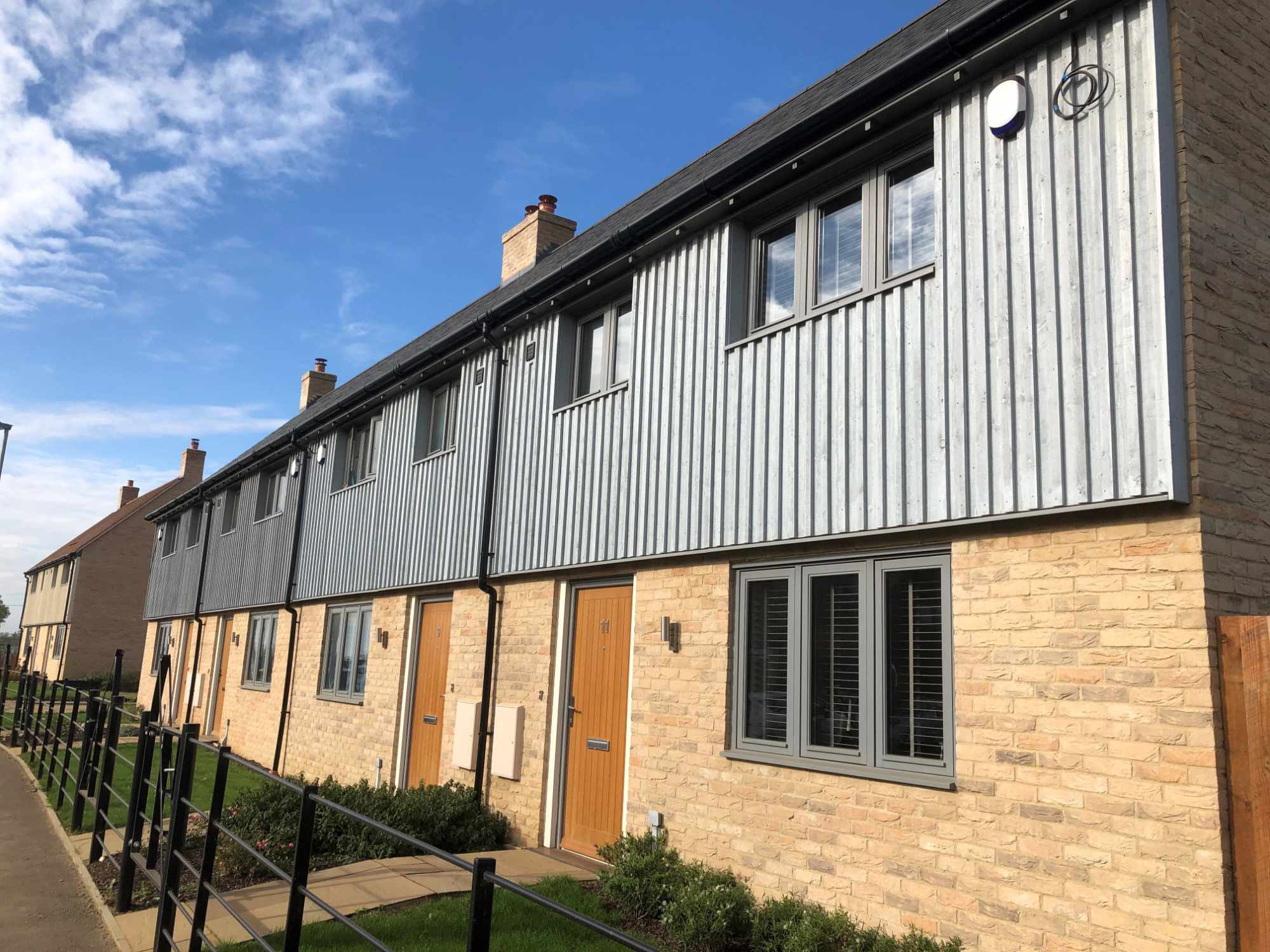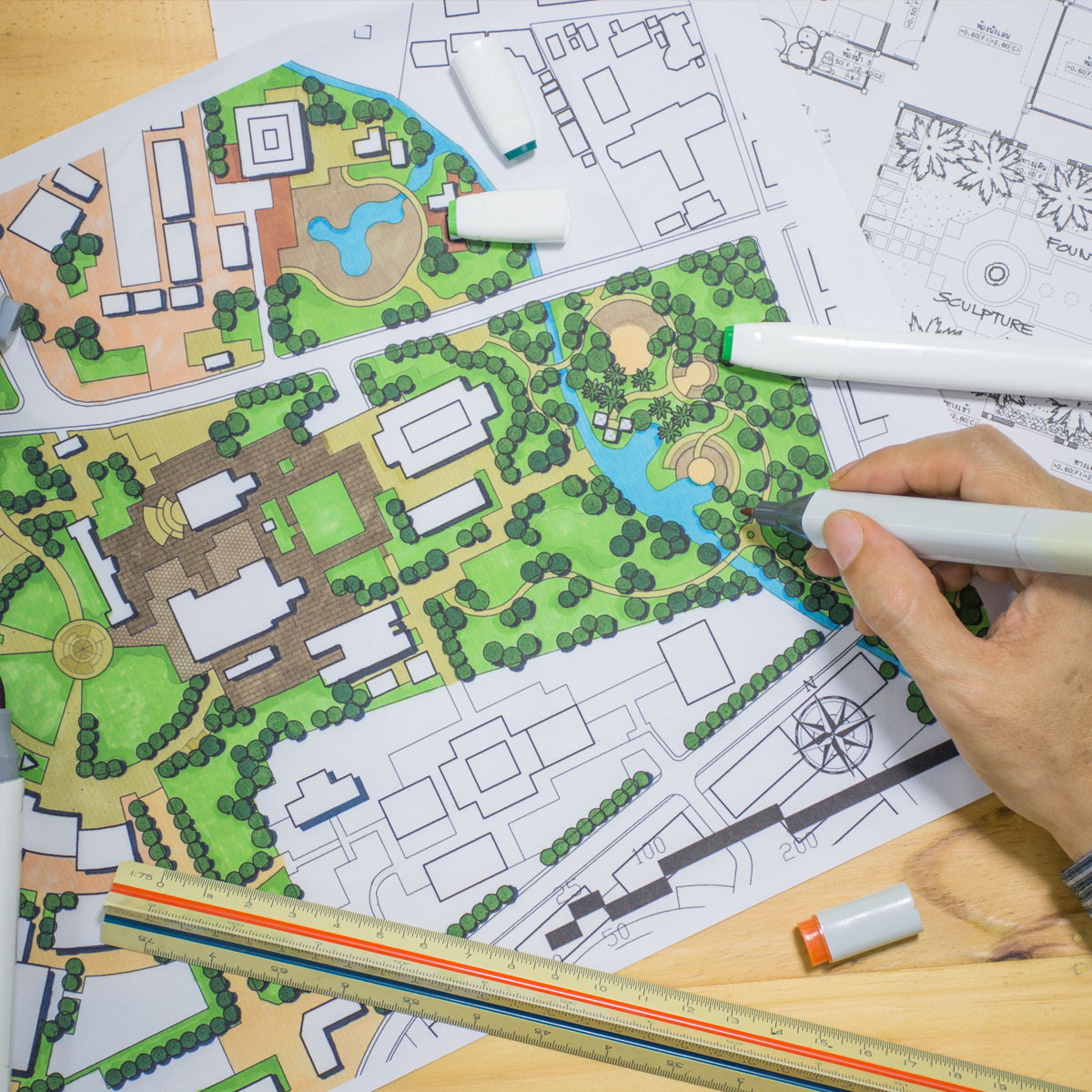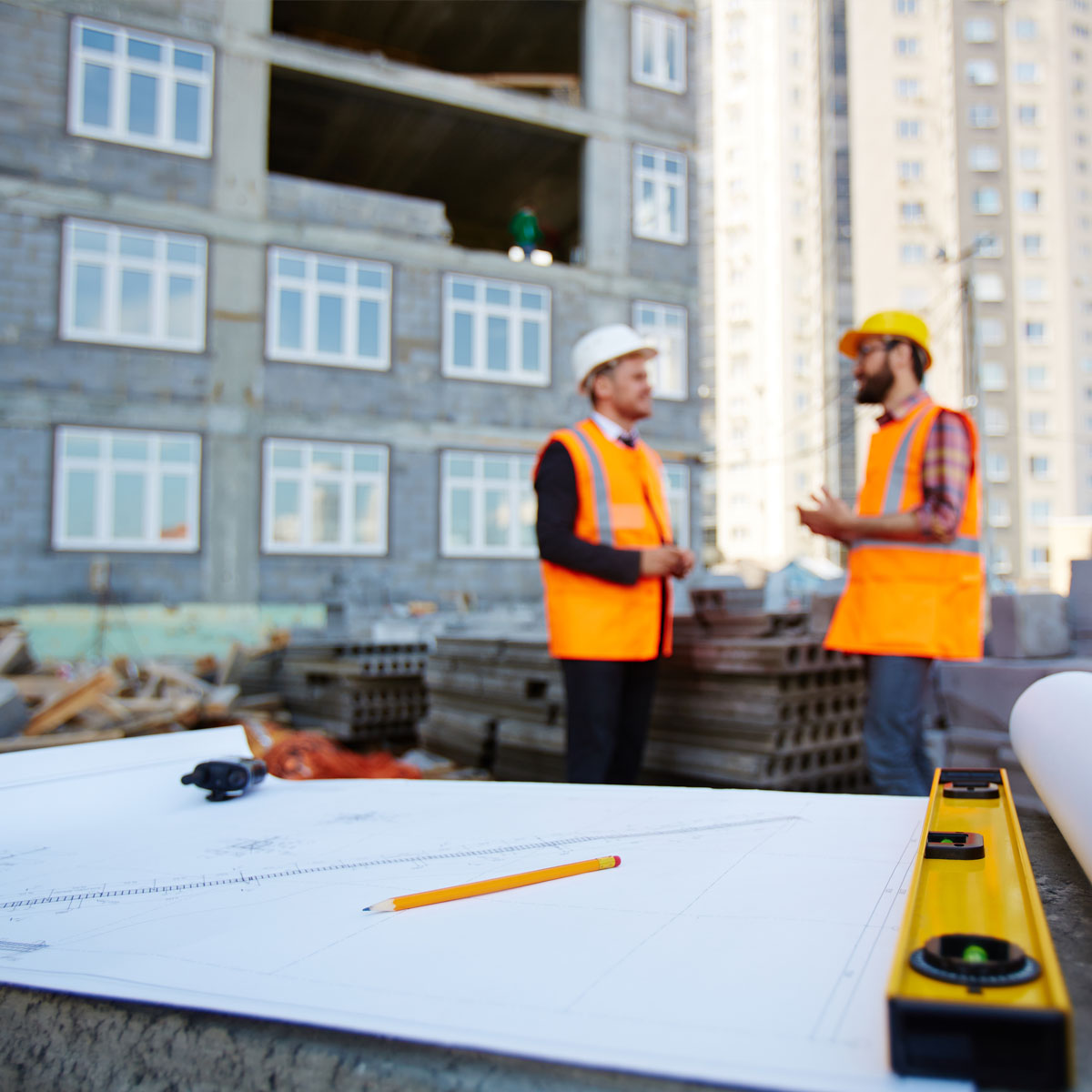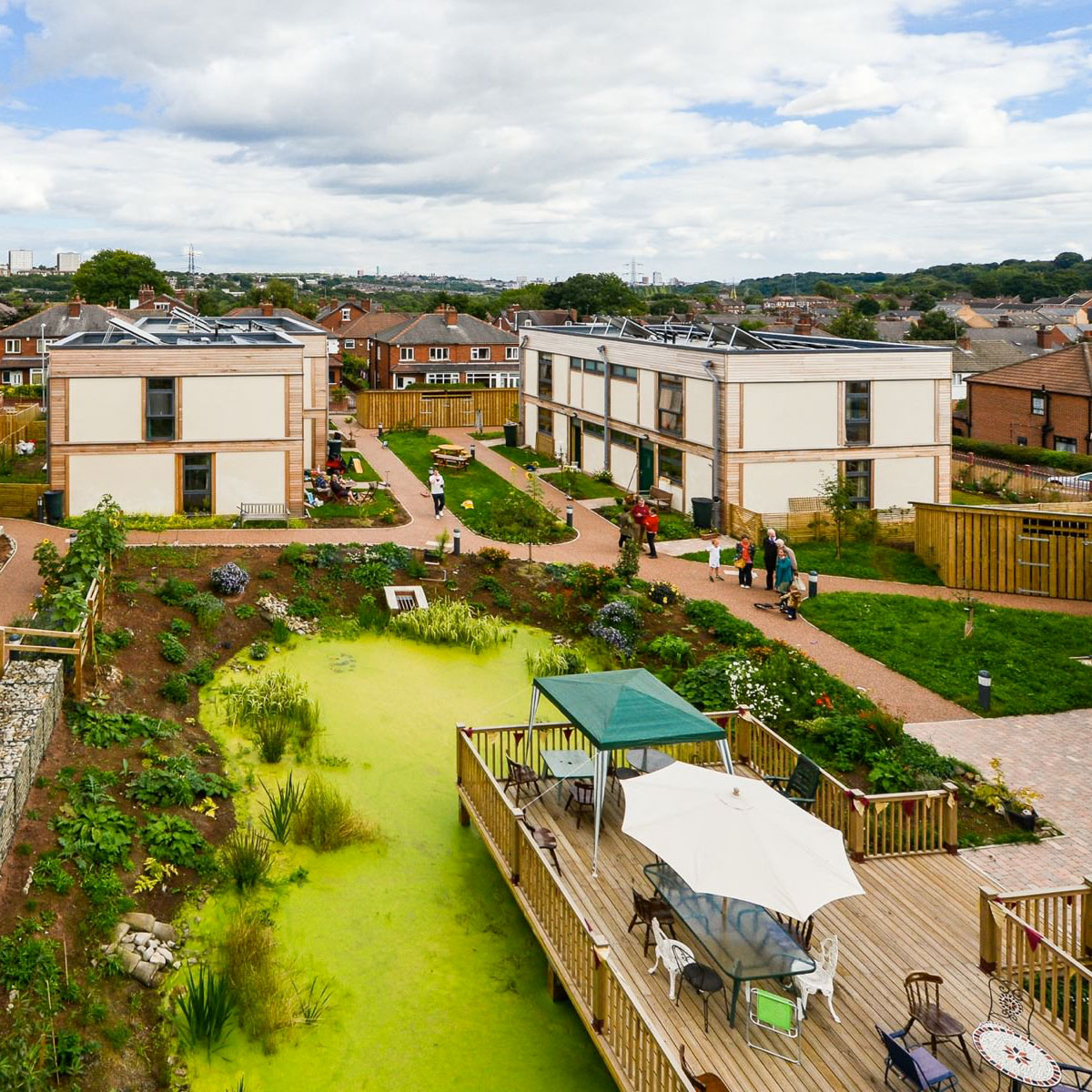
The reasons for starting-up a community-led housing group can vary from one scheme to the next.
For instance, a rural community may want to respond to a housing needs survey by developing its own affordable housing, or a group of people with similar needs may want to refurbish existing housing for themselves.
Or it may be that a building has become available in a city or town centre that could be redeveloped into affordable accommodation and contribute to the regeneration of an area.
Either way, the process of delivering community-led housing can be broken down into five key stages:






